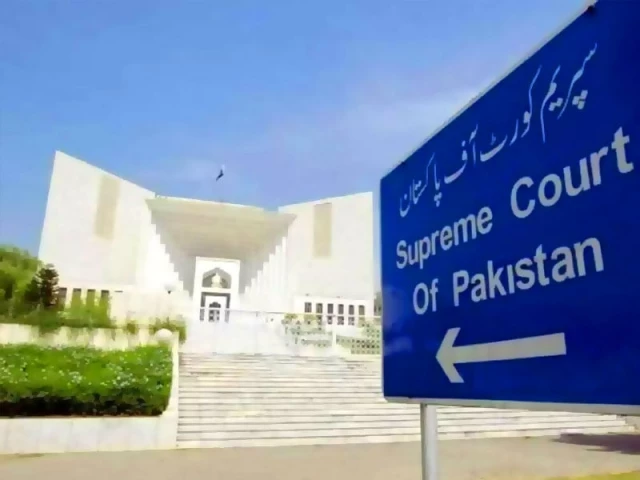Supreme Court’s 26th Constitutional Amendment Hearings: A Step Towards Transparency
The Supreme Court is back in session today, resuming hearings on petitions challenging the 26th Constitutional Amendment. If you’re interested in staying updated, you can catch the live stream on the "Supreme Court of Pakistan Proceedings" YouTube channel.
This is a significant moment for transparency in Pakistan’s judiciary. Recently, the court allowed live streaming of these proceedings, signaling a breakthrough that advocates say is vital for public access to justice. As many lawyers and civil society members have noted, ensuring that everyday citizens can witness court proceedings, especially in cases of great public interest, is an important step towards rebuilding trust in our legal system.
The amendments in question have sparked considerable debate. The 26th Amendment is said to alter judicial powers and the independence of the judiciary. The court’s eight-member Constitutional Bench, led by Justice Amin-ud-Din Khan, is set to carefully examine these petitions. The complexity of the issues at hand is clear: the amendment is thought to have been passed hastily, raising concerns over its democratic legitimacy.
Advocates for a full court continue to push for greater transparency. Attorney Abdul Moiz Jaferii argues that live streaming should become the norm in all superior courts, not just this case. His perspective reflects a broader desire for public engagement in judicial processes. The nation, as Khawaja Ahmad Hosain points out, deserves the chance to understand what unfolds in these pivotal hearings.
Legal experts caution, however, that the real challenge lies ahead for the petitioners. They must persuade the Constitutional Bench to form a full court, which many believe is necessary for impartiality—especially given that the bench’s creation was influenced by the contested amendments.
With so much at stake, it’s no wonder that Mustafa Nawaz Khokhar, the Chairperson of Tehreek-i-Tahaffuz Ayeen-i-Pakistan, is adamant that this case could redefine Pakistan’s judicial landscape. He claims it presents a key moment for the judiciary to reaffirm its independence.
The amendments themselves challenge the very core of Pakistan’s judicial independence. Significant changes include abolishing the Supreme Court’s suo motu powers and restructuring how the Chief Justice is appointed, effectively shifting significant power towards the executive branch. Critics argue that this undermines the delicate balance of power meant to protect citizens’ rights.
As we await further developments, the approval of live streaming is a promising sign that transparency is becoming a priority. The public’s desire for accountability is stronger than ever, and platforms like Pro21st aim to further engage with those who want to be part of this vital conversation. Whether you’re a legal expert or just someone with a keen interest in current affairs, the implications of this case are profound and worth following closely.
At Pro21st, we believe in sharing updates that matter.
Stay connected for more real conversations, fresh insights, and 21st-century perspectives.





